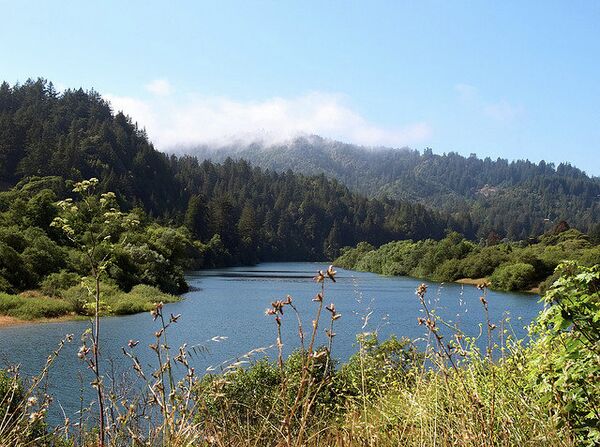MOSCOW, October 13 (RIA Novosti) - Russia is the only one of the world’s largest economies whose renewable natural resource reserves are growing, however the country must assure the clever management of its ecological capital to maintain its favorable position, a recent report by the World Wildlife Fund for Nature (WWF) of Russia and Global Footprint Network (GFN) said.
“As one of the few countries in the world that has significant reserves of biocapacity, Russia is in a favorable position. However, despite this, Russia should make an effort in order to assure the clever and stable management of its ecological capital. If this is not done, in the future Russia could end up with insufficient natural resources, which many countries depend on even today,” GFN head Mathis Wackernagel said.
International experts have assessed Russia’s regions based on two criteria, biocapacity and environmental footprint. Experts came to the conclusion that Russia now ranks 4th in the world in terms of biocapacity, and reserves, meaning the ability of ecological systems to produce valuable biological resources (including CO2) is growing.
“This way, our country is one of the few countries that can assure stable biocapacity reserves for years ahead if natural resources are used wisely. If Russia wants to remain one of the world’s economic leaders and consolidate its citizens welfare, then it should make steps to conserve its resources, mineral and biological, and also invest in science, education, culture, and technology development it order to create a knowledge economy and reduce the pressure on ecosystems,” the report reads.
The report highlights that currently the majority of investments go to the developed regions, where consumption levels are high and natural capital is low. The ten most favorable regions for investment account for 47 percent of Russia’s total ecological footprint. Among those regions are Moscow city, Moscow Region and Saint Petersburg. These three regions have the lowest biocapacity and the highest environmental footprint across the whole country. If everyone in the world lived like an average Moscow citizen, then earth dwellers would require at least 3.4 planets instead of one. However, Krasnoyarsk Territory has both, a favorable investment climate and rich natural resources.
The Chukotka Autonomous Area, the Yamalo-Nenets Autonomous Area, Yakutia (the Sakha Republic), Magadan Region and Kamchatka Territory have the highest biocapacity per person.
“If investors are going to act in accordance with traditional ratings, then we can expect that those regions that supply natural resources will continue destroying their natural capital, not investing anything in their future,” WWF Director of Conservational Policy, Eugeny Shvarts said.
According to experts, the most favorable situation is now in regions with high biocapacity levels and good indicators of human development potential, such as the Primorsky Territory, Khabarovsk Territory, Murmansk and Archangelsk Territories, Krasnoyarsk Territory and the Irkutsk Region.


